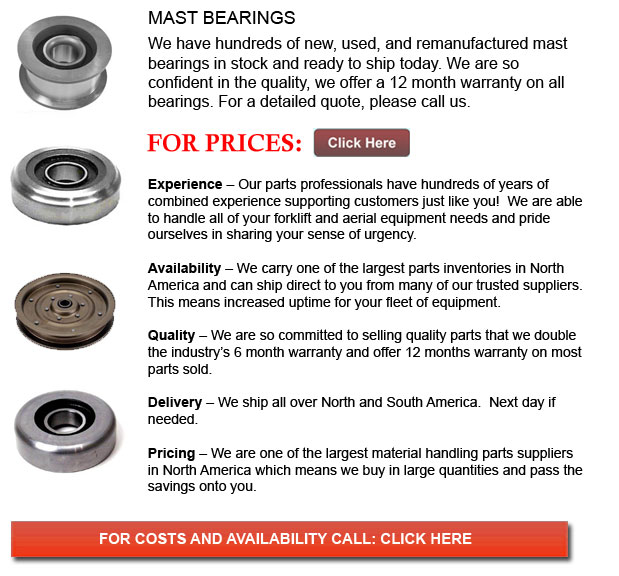
Mast Bearing - A bearing is a gadget that allows constrained relative motion among at least 2 components, often in a linear or rotational sequence. They could be broadly defined by the motions they allow, the directions of applied loads they can take and according to their nature of operation.
Plain bearings are really generally used. They use surfaces in rubbing contact, normally along with a lubricant like for instance oil or graphite. Plain bearings may or may not be considered a discrete gadget. A plain bearing could consist of a planar surface which bears one more, and in this instance will be defined as not a discrete gadget. It could comprise nothing more than the bearing surface of a hole along with a shaft passing through it. A semi-discrete example would be a layer of bearing metal fused to the substrate, whereas in the form of a separable sleeve, it will be a discrete tool. Maintaining the proper lubrication allows plain bearings to be able to provide acceptable accuracy and friction at minimal expense.
There are various types of bearings that could improve accuracy, reliability and develop efficiency. In many applications, a more fitting and specific bearing can enhance weight size, operation speed and service intervals, thus lowering the total expenses of operating and buying equipment.
Bearings would vary in materials, shape, application and needed lubrication. For example, a rolling-element bearing would use spheres or drums among the components to be able to control friction. Reduced friction gives tighter tolerances and higher precision as opposed to plain bearings, and less wear extends machine accuracy.
Plain bearings are usually constructed from various types of plastic or metal, depending on how corrosive or dirty the surroundings is and depending upon the load itself. The type and function of lubricants could considerably affect bearing friction and lifespan. For example, a bearing could function without whatever lubricant if continuous lubrication is not an alternative as the lubricants could attract dirt which damages the bearings or equipment. Or a lubricant could better bearing friction but in the food processing business, it may require being lubricated by an inferior, yet food-safe lube so as to prevent food contamination and ensure health safety.
The majority of bearings in high-cycle uses need some lubrication and cleaning. They may require regular adjustment so as to lessen the effects of wear. Some bearings can need infrequent upkeep to be able to prevent premature failure, even though fluid or magnetic bearings could need little maintenance.
A well lubricated and clean bearing would help extend the life of a bearing, nonetheless, several kinds of operations could make it a lot more difficult to maintain constant maintenance. Conveyor rock crusher bearings for instance, are usually exposed to abrasive particles. Frequent cleaning is of little use because the cleaning operation is costly and the bearing becomes contaminated over again once the conveyor continues operation.
![]() Click to Download the pdf
Click to Download the pdf
Forklift Parts
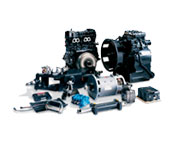
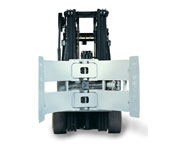
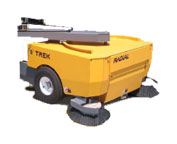
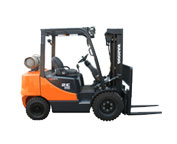


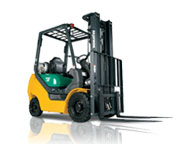
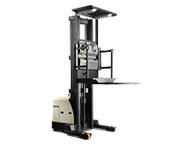
Lift Parts Express
TOLL FREE: 1-888-695-7994
LOCAL: 925-270-0298
4425 Treat Blvd C-103
Concord, California
forkliftpartsconcord.com
Email Us
About Us


